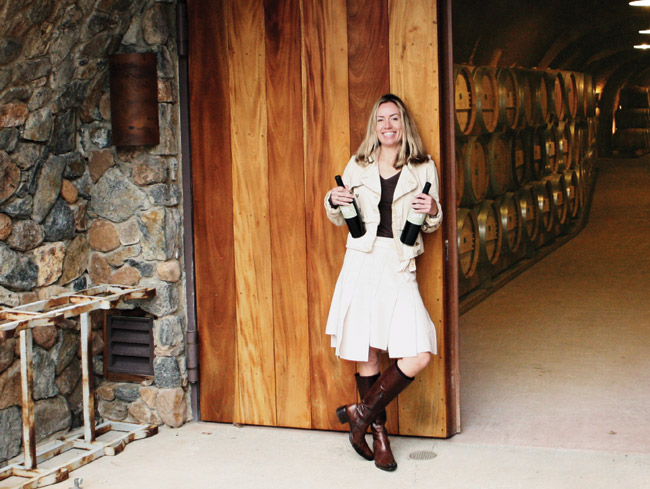You never know where a blind ad will lead you. It led Tim Murray from Knoxville, Tenn., to the Kingdom of Bahrain in the Middle East.
Murray is CEO of Aluminium Bahrain (Alba), one of the world’s top 10 aluminium producers. He joined Alba in 2007 as general manager of finance after applying to an ad in the Economist.
Then things moved fast. Murray served as Alba’s chief finance and supply officer, chief financial officer and chief marketing officer before being appointed CEO in October 2012.
In 2010, Murray was instrumental in launching Alba’s initial public offering on the London and Bahrain stock exchanges. “I was responsible for running the Alba team as well as working with the army of advisers to develop the prospectus. When it came to the roadshows, I was the one who did all the presenting,” he says. “The skills I gained at Owen were very helpful, as the IPO Information Memorandum was like doing a case study on steroids.”
Murray says people thought he was crazy to move from Middle Tennessee to the island nation of Bahrain, which he calls the one of the most welcoming places he’s ever been.
“I had a nice life in Knoxville and both my kids were born there,” says Murray, who had spent 10 years at Knoxville’s ARC Automotive, the last as vice president and CFO. “However it was a great opportunity and my wife was very supportive.”
The adjustment to life in Bahrain was easier than Murray expected, he says. “What surprised me the most is how western Bahrain is. I find it easy to relate to most people,” he says. “I have learned how little we in the U.S. understand the world. I have also learned that people outside the U.S. are much more tolerant than we are.”
He’s continuing to learn as CEO. “In my career, I have handled just about every function there is, but when you are the guy at the top, it is a different feeling of responsibility,” he says. “Alba and the aluminium industry contribute around 10 percent of the GDP of Bahrain. It is a humbling experience knowing you are running a company that is so important to the country and the families of Bahrain.”



 Distinctive as it is, the branding explains only part of Yazoo’s growing popularity. From the outset Hall knew that success hinged not only on the quality of his beer, for which he turned to the American Brewer’s Guild for a craft-brewing course, but also on the quality of his business plan. For the latter he enrolled in the Vanderbilt Executive MBA program, which he says gave him a strong foundation in strategy and operations, as well as a better understanding of what it takes to be an entrepreneur.
Distinctive as it is, the branding explains only part of Yazoo’s growing popularity. From the outset Hall knew that success hinged not only on the quality of his beer, for which he turned to the American Brewer’s Guild for a craft-brewing course, but also on the quality of his business plan. For the latter he enrolled in the Vanderbilt Executive MBA program, which he says gave him a strong foundation in strategy and operations, as well as a better understanding of what it takes to be an entrepreneur.





